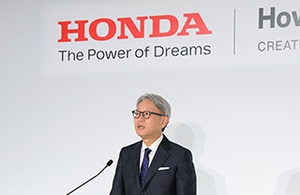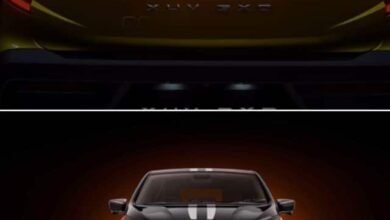Three Japanese Automakers Join Forces to Develop Vehicle Software

With the United States and China leading the way in electric and autonomous vehicles, Japan’s Big Three automakers — Toyota, Honda, and Nissan — have joined forces. They plan to compete with them by jointly developing automotive software to cut costs and expand economies of scale.
Japan’s Yomiuri Shimbun reported on May 16 that the three Japanese automakers are considering collaborating on the development of software for vehicles, aiming for 2025 and beyond.
According to the report, this software development story will be included in the automotive digital strategy that Japan’s Ministry of Economy, Trade and Industry and Ministry of Land, Infrastructure, Transport and Tourism will jointly announce by the end of May. The three Japanese carmakers will discuss specific plans this summer and begin collaborating next year or later, with other Japanese automakers Suzuki, Mazda, Subaru, and Mitsubishi also considering cooperation.
The trio will ramp up efficiency while reducing the cost of software development, which can incur when they develop software each. In addition to software development cooperation, the three companies will also consider integrating application program interface (API) specifications that connect software and systems in the future. This will make it possible for them to share batteries and sensors, among others, and allow other companies to develop services such as smart apps.
Experts expect that there will be many challenges for the three companies to select common specifications and develop them. Nevertheless, it is important to start cooperating because the importance of software in vehicles is growing and determining the competitiveness of vehicles. In modern vehicles, even basic functions such as steering and braking are controlled by software.
Tesla, an American electric vehicle giant, allows users to update their cars’ software over the internet like smartphones to improve their cars’ performances. Tesla has created a new revenue structure that allows it to make money with software even after their cars are sold. This means that Tesla owners pay some money to add new functions to software for their cars.
Chinese companies are also starting to incorporate advanced technologies such as artificial intelligence (AI) into their vehicles.
Honda announced on May 16 that it will invest 10 trillion yen in electric vehicles and software by 2030. This is double the 5 trillion yen it announced in 2022. In detail, about 2 trillion yen will be spent on software development, 2 trillion yen on batteries, and 6 trillion yen on investments including investments in next-generation car factories.



